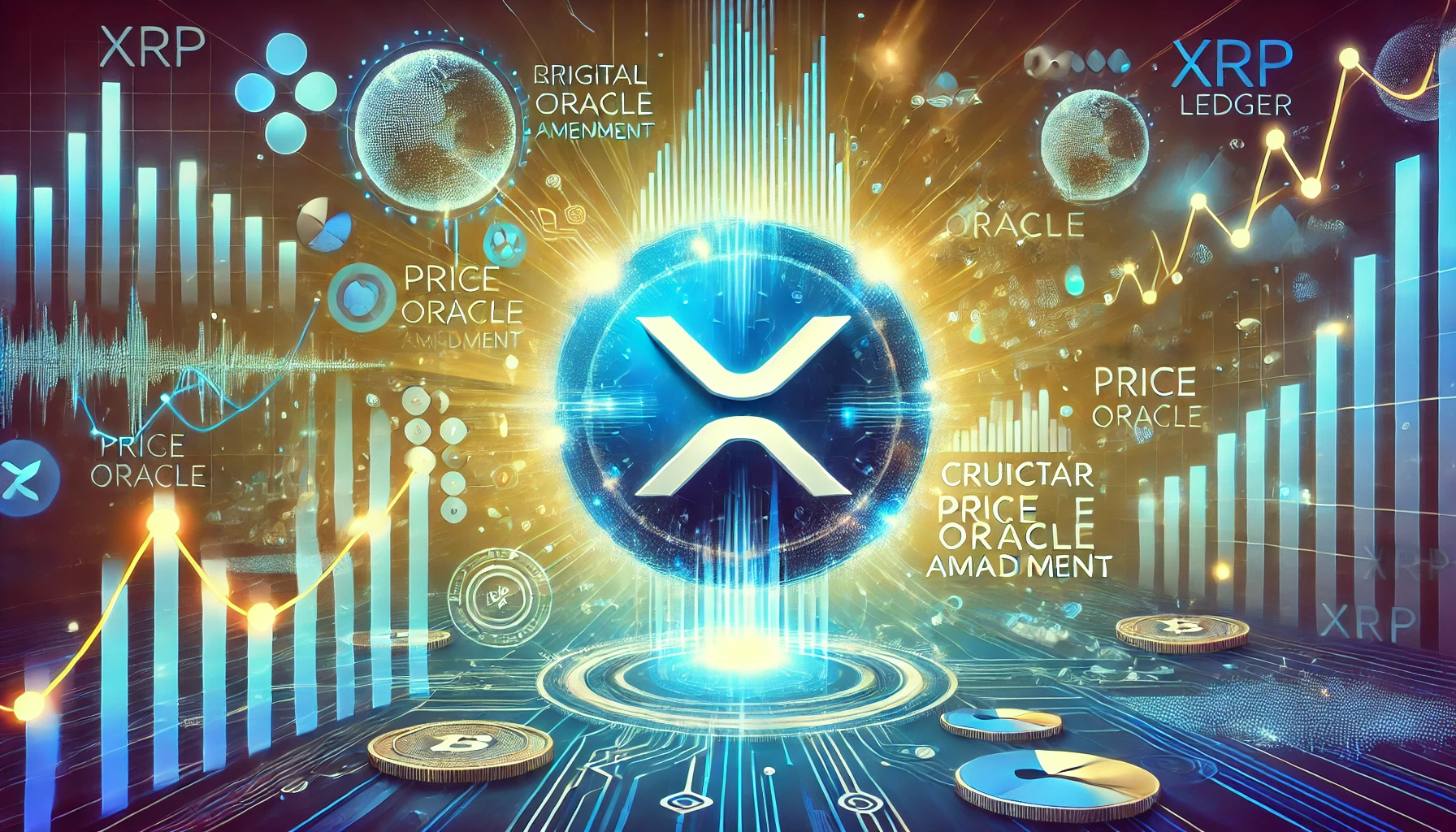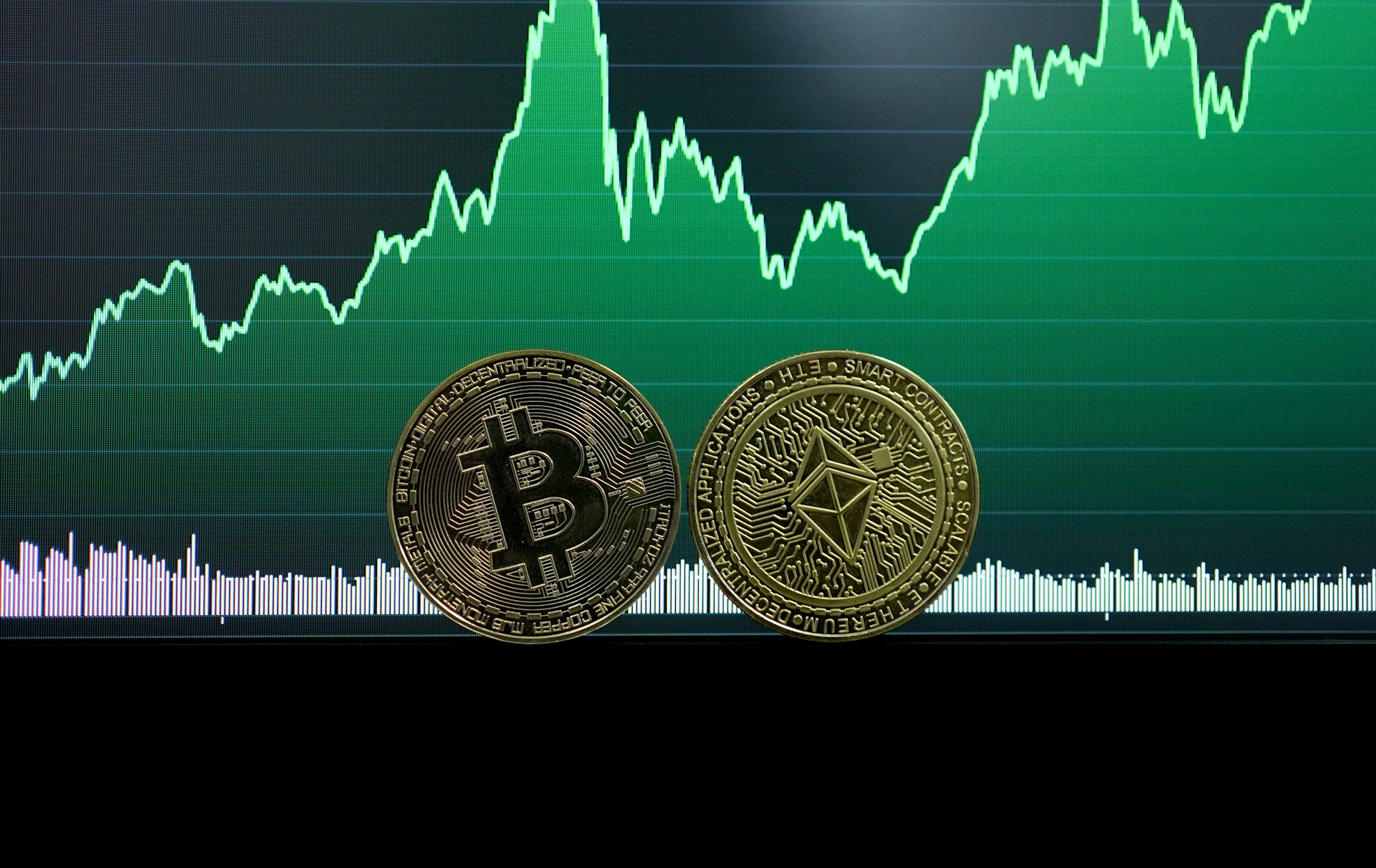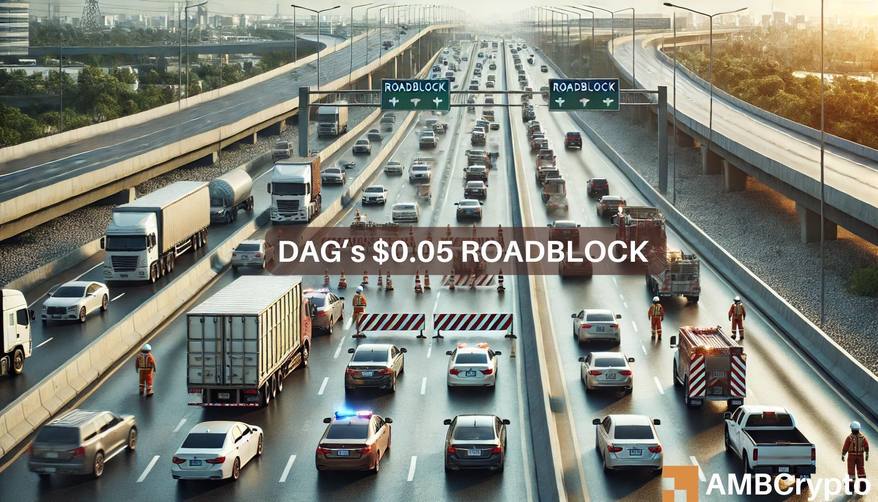- The XLS-66D amendment enhances XRP Ledger with advanced tools like uncollateralized loans.
- The XRP Ledger has experienced a surge in on-chain transactions and a sharp increase in the NVT Ratio, reaching 1,162 on November 2.
The XRP Ledger (XRPL) has advanced its blockchain capabilities with the approval of the XLS-66D amendment. To address the needs of institutions, this update provides new features such as tools for advanced risk management, fixed term loans, and compliance. It is intended to enhance the involvement of institutions in the decentralized finance (DeFi) and at the same time connect blockchain technology with the conventional finance.
The #XRPLedger XLS-66D amendment has reached a consensus on a spec to move forward. Let’s talk about how this amendment is set to bring liquidity and enhance the #XRP Ledger for institutional use. 1/25 🧵 pic.twitter.com/6qhFdoZYsg
— Max Avery (@realMaxAvery) November 15, 2024
New Lending Framework on XRPL
XLS-66D introduces uncollateralized loans, marking a significant milestone for XRPL. By eliminating the need for traditional collateral, it unlocks new opportunities for credit markets on the blockchain. Institutions now have the flexibility to customize loan structures, encouraging innovative approaches to lending.
The tokenization of real-world assets under XLS-66D adds more applications to the XRPL. Firms can also use tangible assets as collateral to extend credit for receivables or leases in order to minimize the role of intermediaries. This development provides an efficient means to access liquidity while still preserving the security and functionality of blockchain technology.
The amendment seeks to harmonise conventional financial instruments with blockchain to enhance innovation in institutional lending and asset management. The XLS-66D amendment improves XRPL’s scalability, low cost, and speedy transactions, putting it on the map as a rival to Ethereum in the blockchain space.
It also creates possibilities for decentralized asset management, tokenized debt, and DeFi within the ecosystem of the XRPL. This makes it easier to use in conjunction with other payment options, and the ability to transact in multiple currencies makes the ledger more attractive to users. These developments prove that XRPL is constantly working towards enhancing its technology to address the needs of financial organizations and the blockchain industry.
Increased On-Chain Transactions Drive NVT Ratio Growth
The XRP Ledger has recently seen a noticeable jump in transactional throughput as evidenced by a spike in the Network Value to Transaction (NVT) Ratio. According to CryptoQuant, an analytical platform, the NVT ratio had spiked to 1,162 on the 2nd of November, showing increased on-chain action. This is an indication that the XRP network is growing in adoption for value transfer.
The NVT Ratio which is the ratio of market capitalization to the daily on-chain transactions is an essential measure of network effectiveness. A rising ratio of TI and NV indicates a stronger relation between the network value and transaction activity.
XRPL: Spike in NVT Ratio
“Given that the NVT Ratio is a calculation between Market Capitalization (which is stable around $51.1B) and On-chain Transaction Volume, this spike reflects higher transaction volume.” – By @JA_Maartun
Read more 👇https://t.co/11LKvfGjDQ pic.twitter.com/1tK1M95cKv
— CryptoQuant.com (@cryptoquant_com) November 13, 2024
On November 2, the daily transactional volume also stood at $44 million, which shows that XRP is indeed being used as a means of transferring value. However, transaction flow was rather unstable, and XRP’s market capitalization was $51.1 billion.
Such increased network activity has been a result of the increased use of XRP in payment and financial services across different borders. However, the sharp increase in NVT Ratio shows that the market capitalization of XRP is not in proportion with the network’s trading volume, which creates questioning marks on the network value. As of the latest data, XRP is priced at $1.17, registering a 31% increase over 24 hours.


![Constellation [DAG] crypto cools after 20% surge in 24 hours – What’s next?](https://cryptosheadlines.com/wp-content/uploads/2024/11/Dag-crypto-FI-150x150.jpg)








